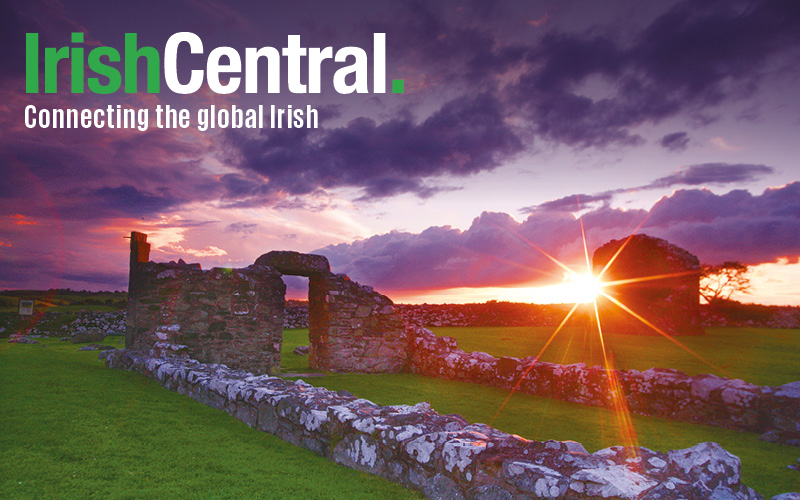The Taoiseach has responded to the Survivors Network request
The Tuam Home Survivors Network is urging the Irish government to begin their collection of DNA samples in light of the elderly age of many of the survivors.
Read More: Tuam Babies, Ireland’s darkest secret, will be the biggest Irish story in 2019
On January 29, The Tuam Home Survivors released a statement saying they have “urged the Government to begin collecting their DNA samples immediately.”
They add that DNA should be collected in a manner “that will be of greatest benefit to the greatest number of survivors, victims, and families.”
"For this to be achieved, as much information as possible should be obtained from each sample of human remains. The quantifying of the DNA extracted is the paramount task to be accomplished."
The statement delineates the best methods for the examination of the DNA samples.
The statement also adds that if the DNA collected cannot be properly tested, that it be stored for future research.
Read More: Tuam babies mass grave excavation to begin in 2019
“There is a certain urgency to this process given age profile and health status," the statement reads.
“Results from our aging and in, some cases, frail membership should be banked to eliminate any delay in returning human remains to identifiable relatives for dignified burials.”
In response to the Survivors network request, Taoiseach Leo Varadkar said the request was a “reasonable one,” but added that the House will have to pass legislation surrounding it.
On Thursday, Minister for Children Katherine Zappone said in a letter that the matter has been referred to The Government's Special Rapporteur on Children's Rights to clarify the legislation surrounding DNA collection.
Read More: 796 Tuam babies to be exhumed from mass grave in Galway
In 2014, researcher Catherine Corless discovered nearly 800 death certificates from the Tuam Mother and Baby Home, but no corresponding burial certificates, leading her to believe that there is a crude mass grave at the site.
The Irish government launched an official Commission of Inquiry into the matter. Earlier in January, the Commission was granted a year-long extension, pushing its deadline to 2020.
A fifth interim report is due on March 15 which will detail the process to be adapted for proper burials.




Comments